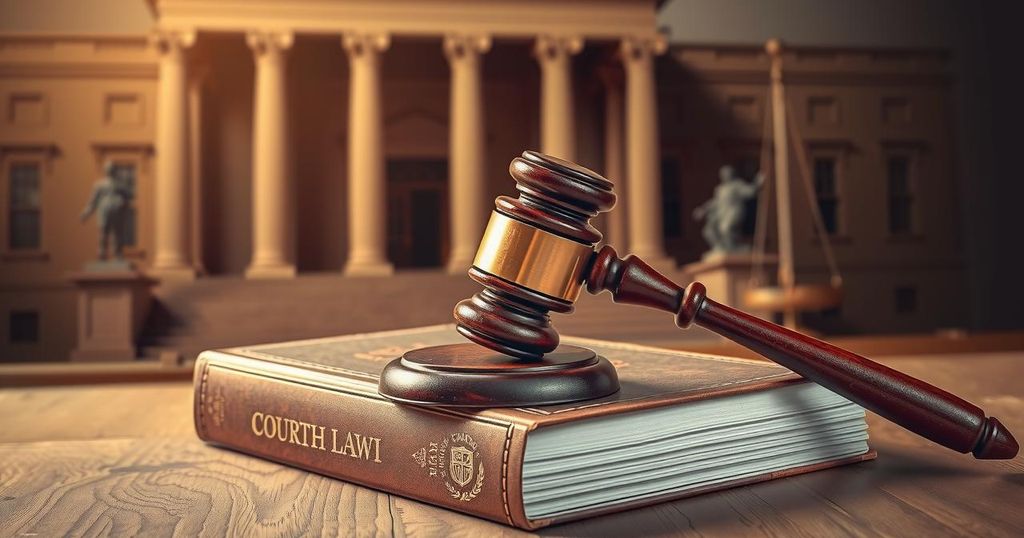World news
ASIA, BRAZIL, BUKELE, EL SALVADOR, GEORGETOWN UNIVERSITY, HOMELAND SECURITY DEPARTMENT, HOUSE, IMMIGRATION, JUDICIAL BRANCH, LAW, LEADERSHIP, LEGAL CHALLENGES, LEGAL ISSUES, MARCO RUBIO, NAY, NORTH AMERICA, PHILIPPINES, POLITICS, SALVADOR, SOUTH AMERICA, STATE DEPARTMENT, STEVEN CHEUNG, THE TIMES, TIMES, TRUMP, UNITED STATES, WHITE HOUSE
Marcus Chen
0 Comments
Trump Administration’s Deportation Decision Sparks Legal Controversy
The Trump administration deported Venezuelan detainees to El Salvador, defying a federal judge’s order to return them to the U.S. El Salvador’s president mocked the situation, while U.S. officials expressed support. The incident raises concerns about contempt of court and suggests potential legal authority claims by the administration.
In a significant escalation of tensions between the Trump administration and the judiciary, Venezuelan detainees were deported to El Salvador despite a federal judge’s order to return them to the United States. The incident triggers questions about potential contempt of court, as El Salvador’s president, Nayib Bukele, publicly ridiculed the situation, stating, “Oopsie … Too late.” His remarks were echoed by U.S. officials.
The Trump administration’s actions led to the transfer of 238 detainees to a Salvadoran facility known as the “Terrorism Confinement Center,” intended to detain them for a minimum of one year. Secretary of State Marco Rubio expressed gratitude towards President Bukele for providing details about the migrants’ situation, further complicating the legal ramifications of the incident.
While the exact timing of the detainee transfers remains uncertain, the Trump administration maintained that both the State Department and the Department of Homeland Security were informed of the judge’s order shortly after it was filed. The government suggested that they relied on a different legal authority to enact the deportations, raising implications of ongoing legal disputes surrounding the detainees’ status.
The deportation of Venezuelan detainees to El Salvador by the Trump administration, in direct defiance of a judicial order, poses significant legal implications. This situation not only highlights tensions between the executive and judicial branches but also underlines the complexities involved in immigration enforcement. The Trump administration’s claim of alternate legal authority for the deportations may prolong the legal battle regarding these individuals’ rights and status in the United States.
Original Source: www.nytimes.com




Post Comment